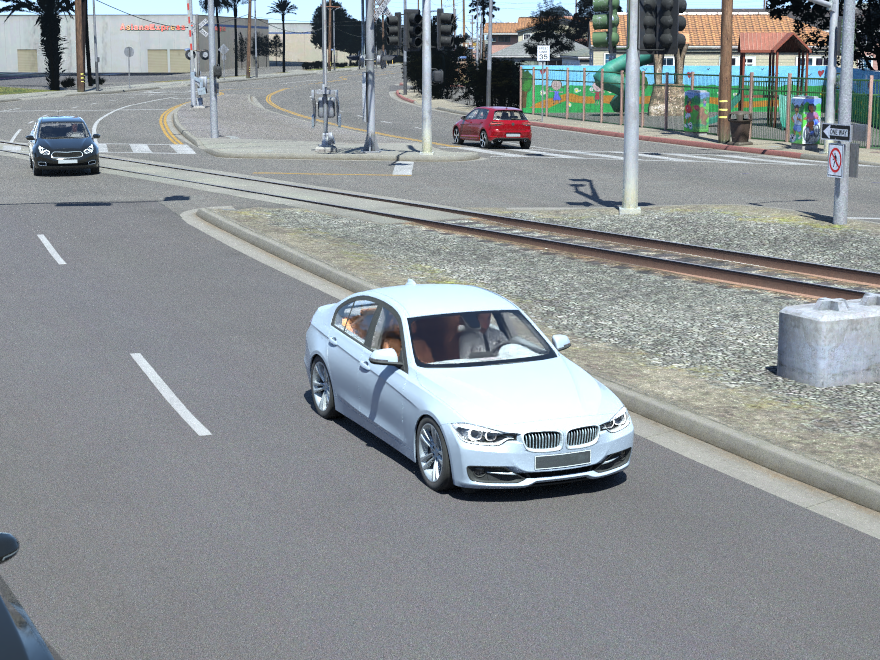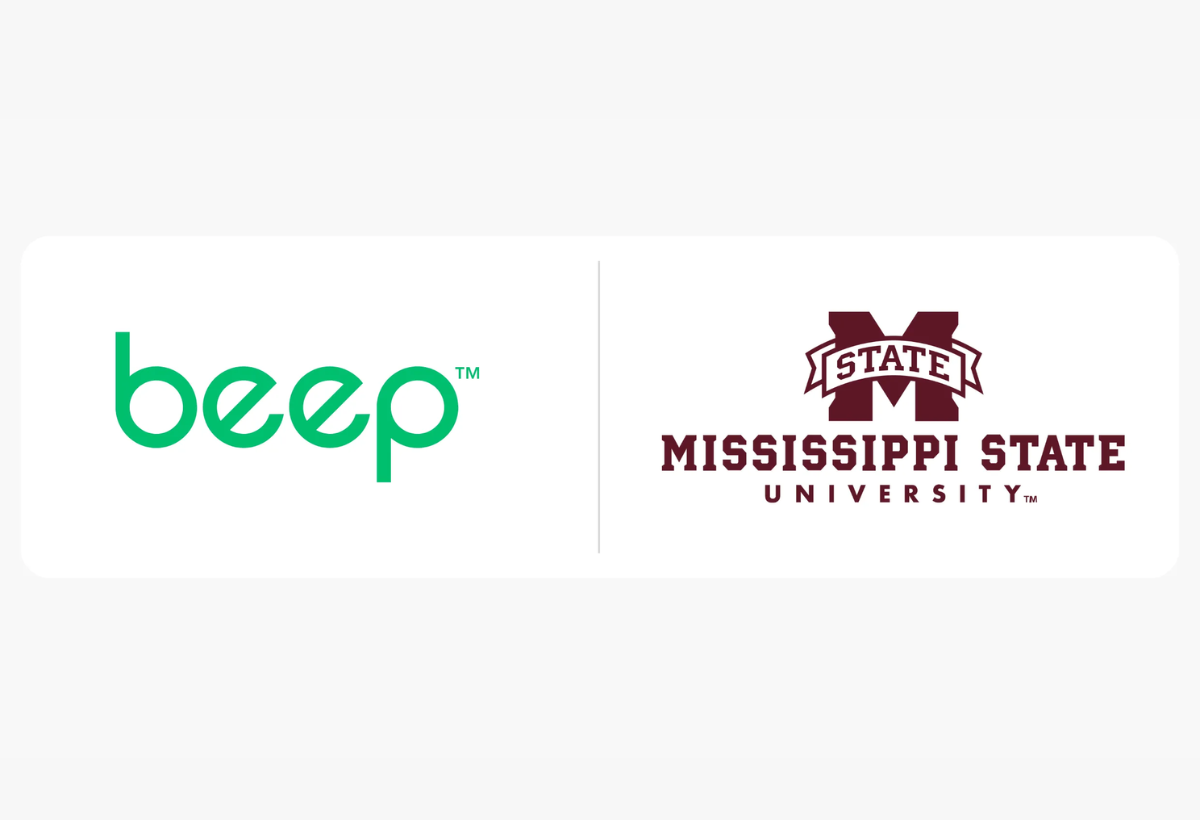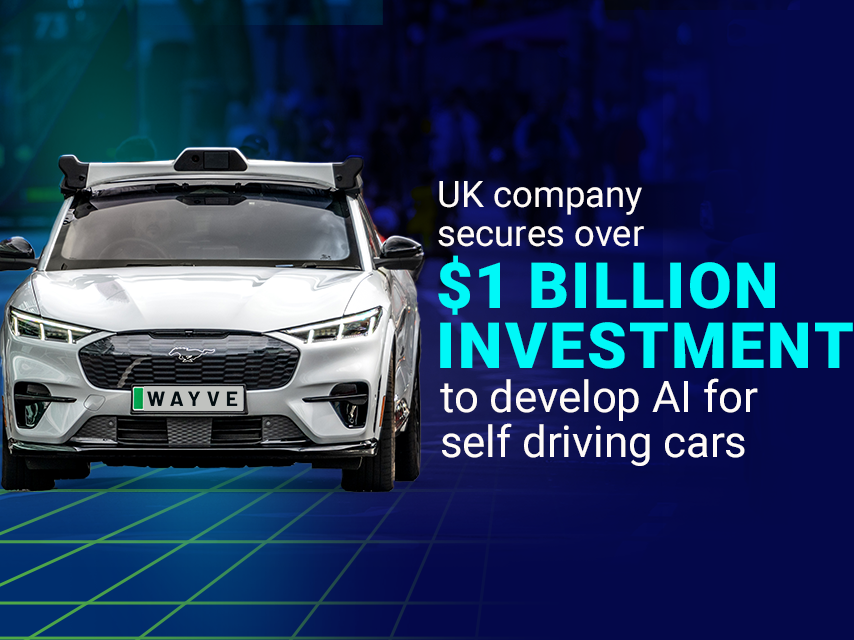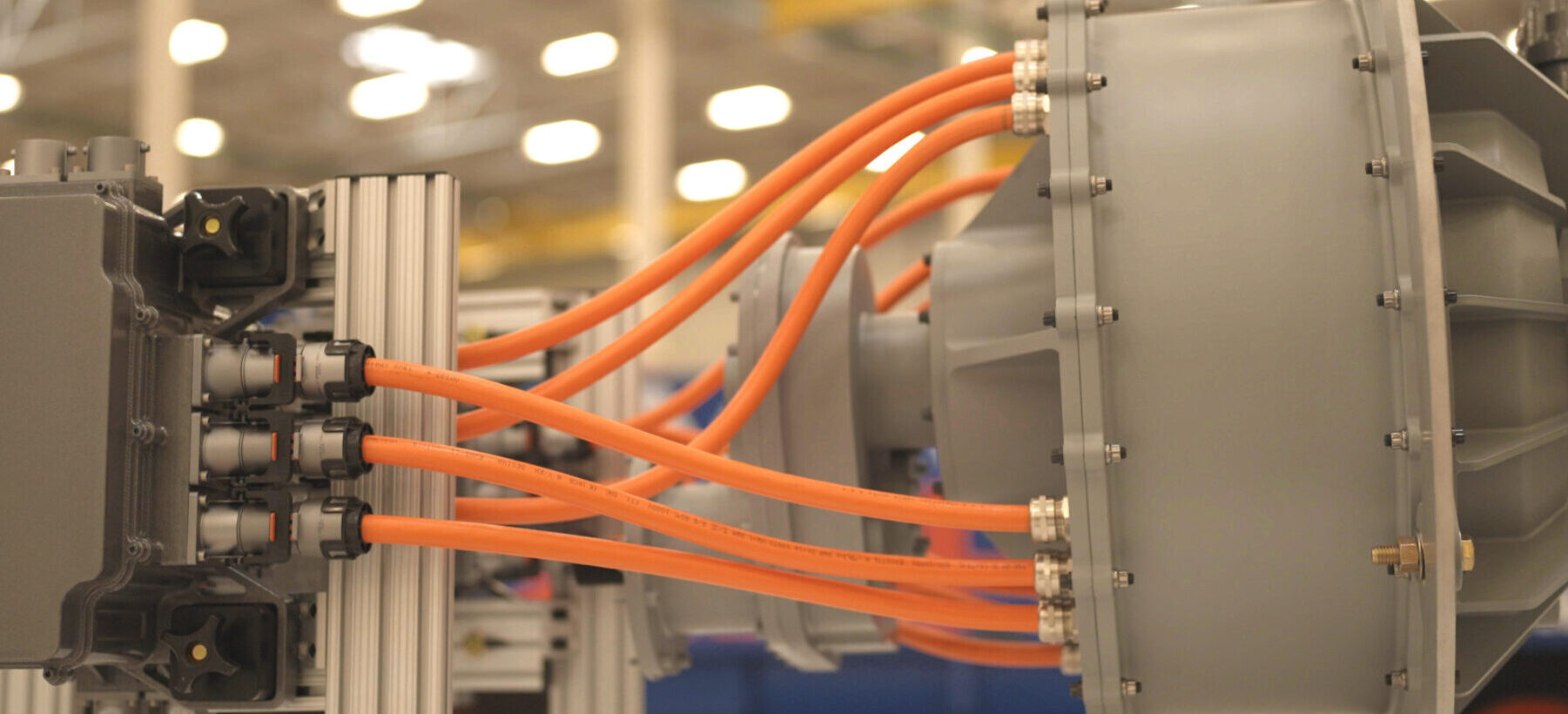The US Department of Transportation’s (DOT) Advanced Research Projects Agency – Infrastructure (APRA-I) has submitted a Request for Information pursuant to Executive Order (E.O.) 14110 of October 30, 2023, named ‘Safe , Security and Trustworthy Development and Use of Artificial Intelligence’.
The DOT aims to gain input on the potential use of artificial intelligence (AI) across all modes of transportation, emerging challenges associated with the implementation and opportunities in creating and putting any AI technologies into use.
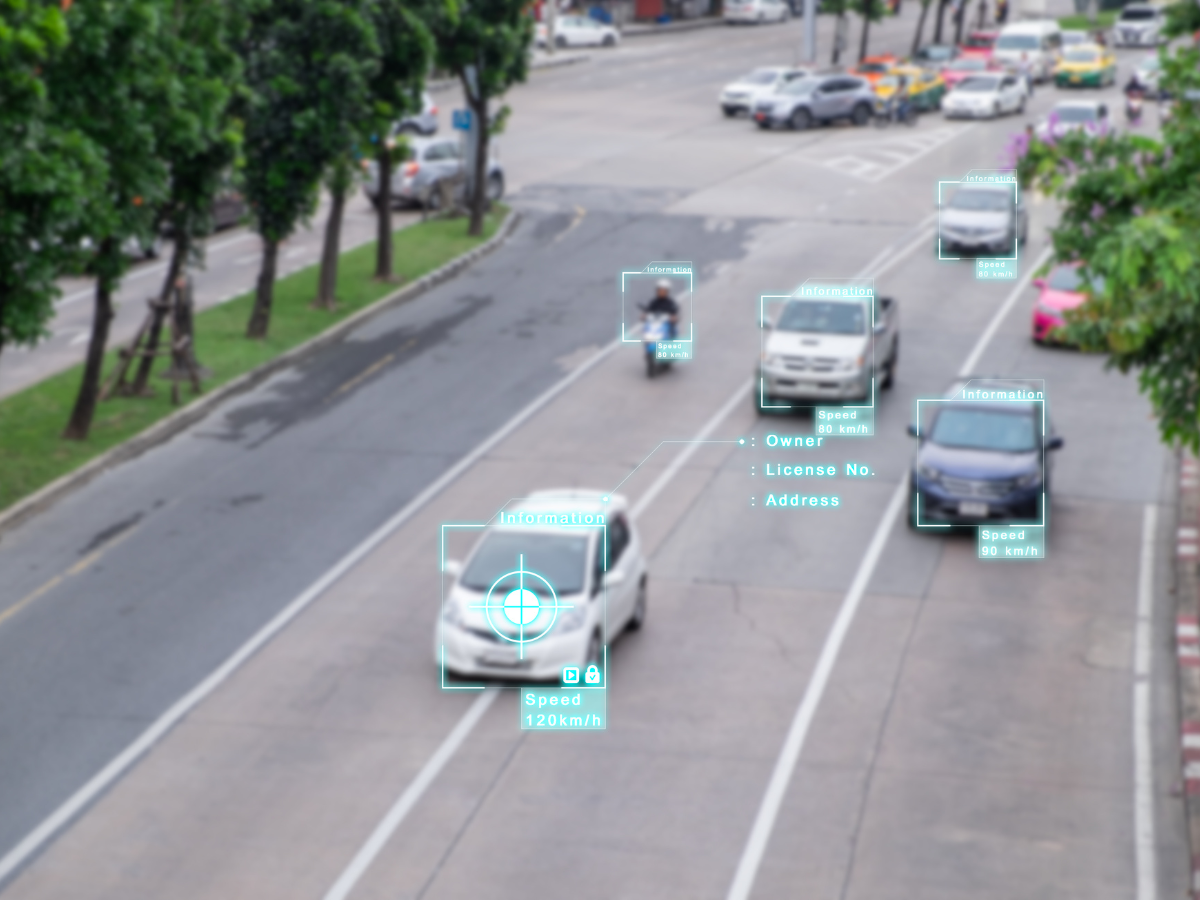
As part of the Request for Information, the APRA-I has asked for clarification on the following questions:
- What are the relevant current or near-term applications of AI in transportation?
- What are the future potential opportunities in transportation that AI can facilitate?
- What are the current or future challenges of AI in transportation, including risks presented by the use of AI in transportation and potential barriers to its responsible adoption?
- What are the opportunities, challenges, and risks of AI related to autonomous mobility ecosystems, including software-defined AI enhancements?
- Comment on any other considerations relevant to the development, challenges, and opportunities of AI in transportation that have not been included in the questions above
Dr. Robert C. Hampshire, Deputy Assistant Secretary for Research and Technology and Chief Scientist at DOT, said:AI has the potential to transform transportation and mobility in the future, just as it will transform our society and economy. As a result, there is tremendous promise for AI in transportation, but also peril if it is misapplied.
ARPA-I would like to hear from a broad range of stakeholders on how AI can assist the DOT in developing the future of mobility that is safer, more efficient and lower emitting, while improving equity and access to all.






